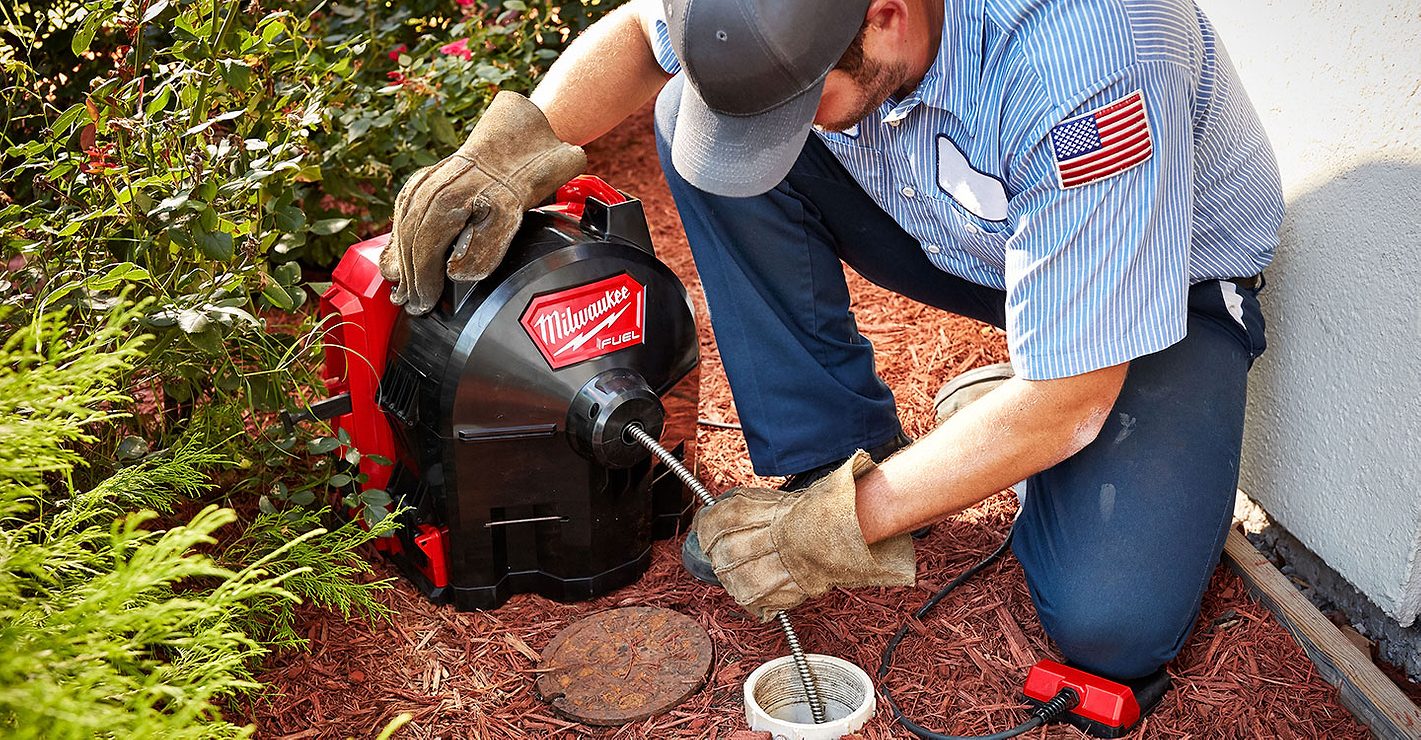According to Levan, we made a factual error in identifying Richmond Foundries as "a former cast iron pipe manufacturer and CISPI member." He said there are two companies with similar names, neither of which have ever been a CISPI member, and that there has never been a "courtroom battle" between CISPI and Richmond, as was reported.
Levan also challenged the premise of PMI's objection that CISPI's proposed code change would threaten private labeling for a variety of products.
"Last year we submitted a code change proposal that was voted down because PMI objected to the specific language," said Levan. "So we came back this year to make the language more generic, only to find PMI objecting that it is too broadly applied."
According to Levan, the objection raised by PMI that the section applies to all types of plumbing products, not just cast iron soil pipe and fittings, simply doesn't make sense. "Regardless of whether the new language is added or not, the current language requires identification of the maker if the product standard requires it. If private labeling is allowed by the standard, it is still allowed with both the new proposed and current wording," he said.
CISPI also disagrees with PMI executive director Dave Viola's statement that "Quality control should not be part of any standard or code."
"Both codes and standards establish minimum requirements for products and installations in a plumbing system," said Levan. "These responsibilities cannot be delegated to someone else. A manufacturer is responsible for producing products to comply with a standard. Simply selling a product to someone else in the distribution chain does not shift responsibility for compliance to a standard. Anyone who believes the selling of a product to someone else shifts the responsibility to the purchaser needs only to look at the Firestone tire recall that is currently going on to see this does not occur and the added importance of being able to identify the manufacturer of a product.
"Viola labels the issue as a marketing one. He couldn't be farther from the truth. The issue is identification of a product and responsibility for compliance to the product standard by the manufacturer. There is nothing anti-competitive with providing consumers with more information. Informed consumers increase competition, they do not stifle it. Perhaps the real story here is not the code change but why people who claim to be manufacturers are opposed to it," stated Levan.
He also objected that the published version of CISPI's proposal made it seem as if CISPI proposed all the language in the paragraph, when in fact only certain sections are the proposed revisions.
The proposal for UPC Section 301.1.2 reads as follows, with CISPI's proposed revision in capital letters: "Each length of pipe fitting, trap, fixture, material, and device used in a plumbing system shall have cast, stamped, or indelibly marked on it, the maker's mark or name, and the weight and quality of the product, WHICH SHALL READILY IDENTIFY THE MAKER TO THE END USER OF THE PRODUCT when such marking is required by the approved standard that applies. THE MAKER IS THE MANUFACTURER'S NAME OF THE FOUNDRY, PLANT, MILL OR MANUFACTURING LOCATION WHERE THE PRODUCT IS CAST, EXTRUDED OR MANUFACTURED. All materials and devices used or entering into the construction of plumbing and drainage systems, or parts thereof, shall be marked and identified..."



